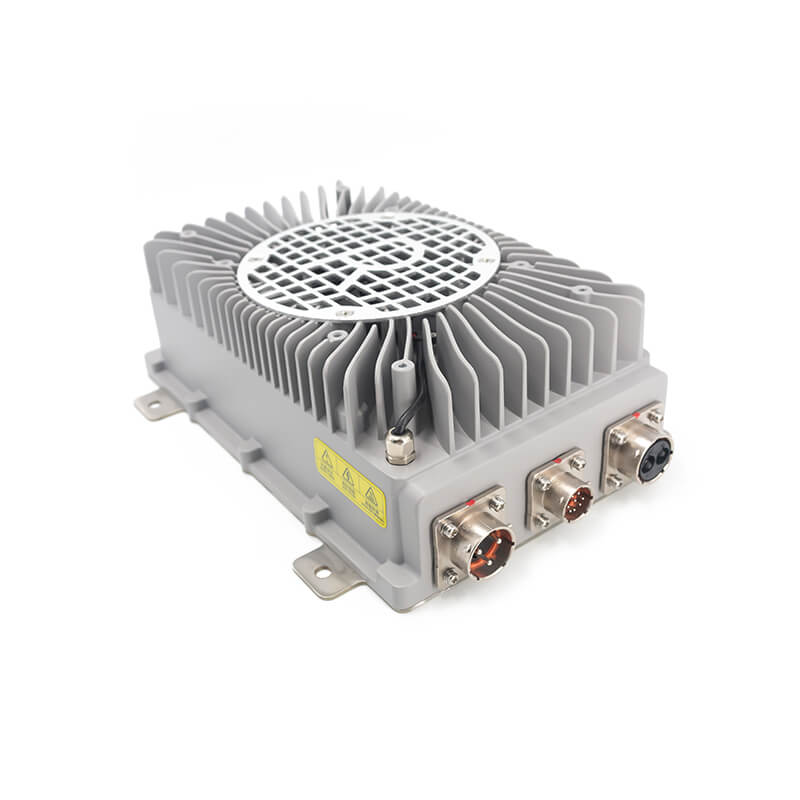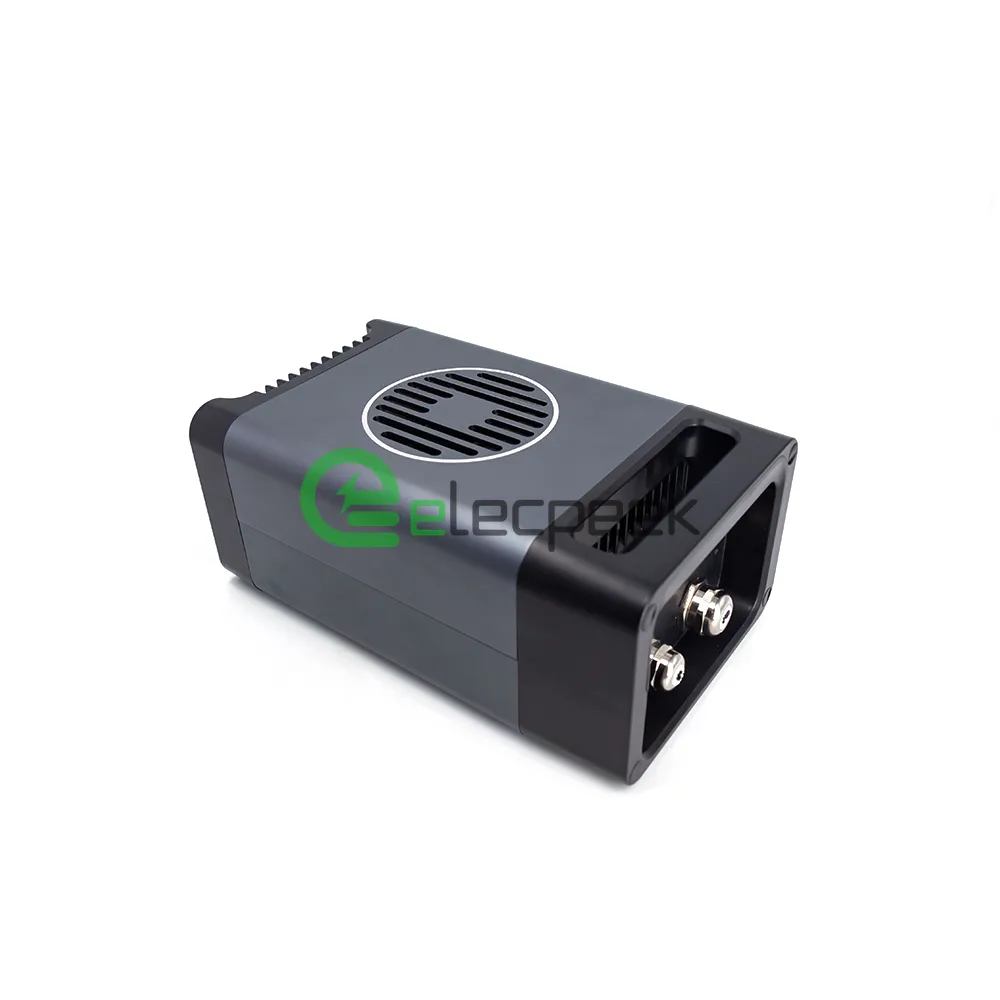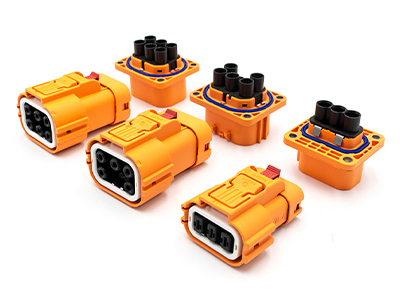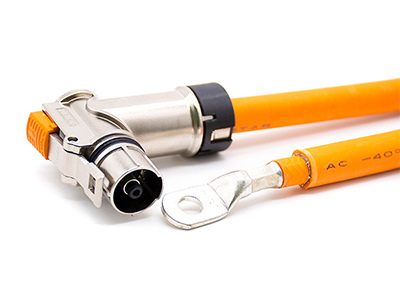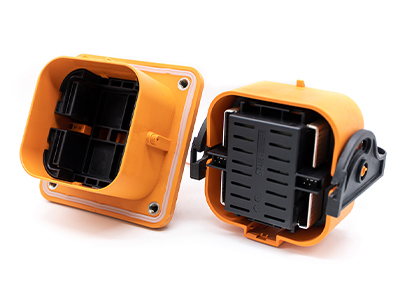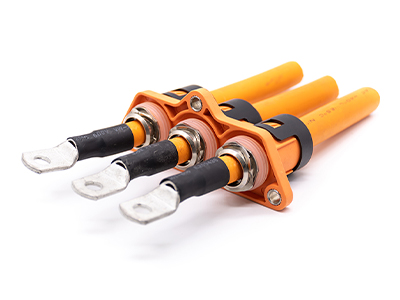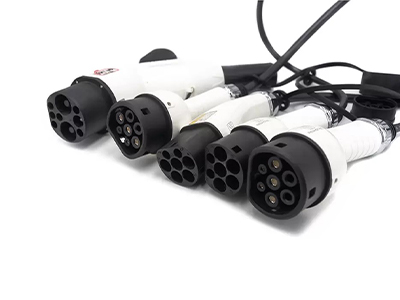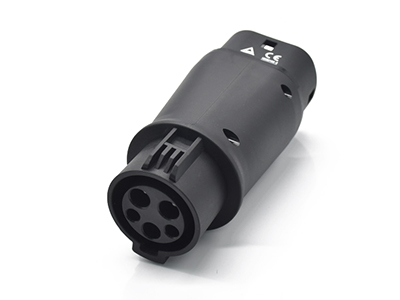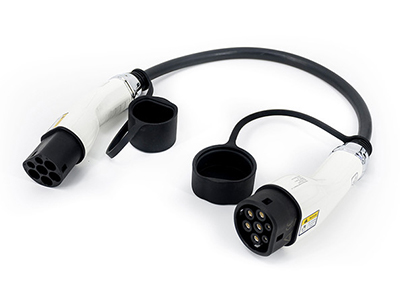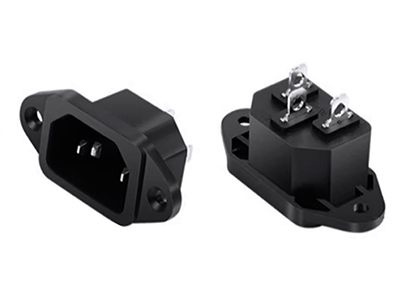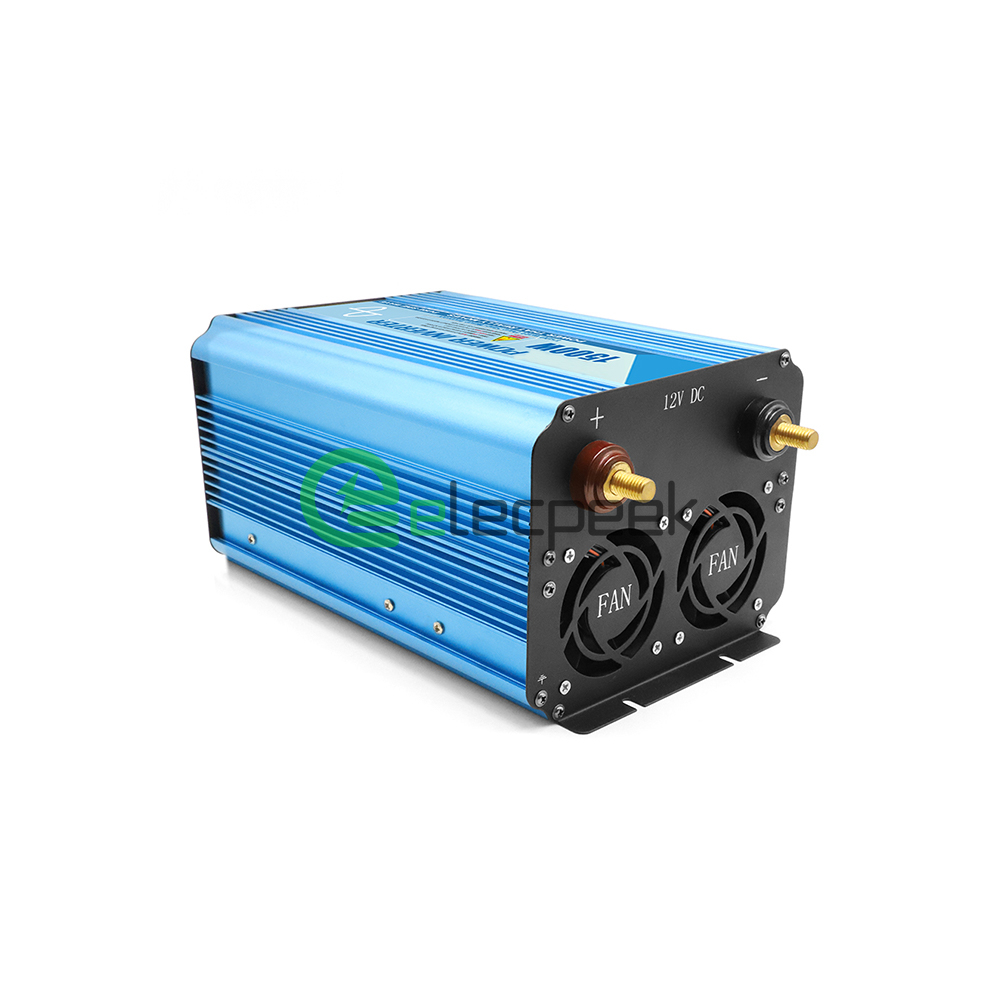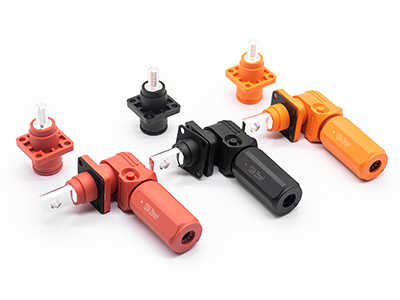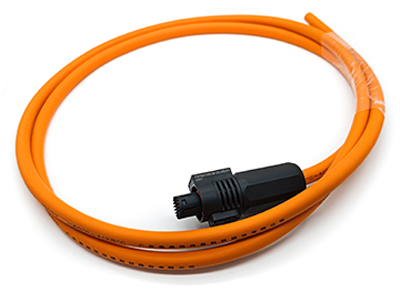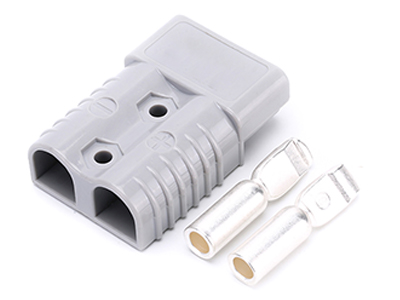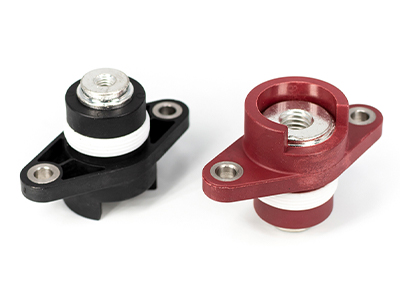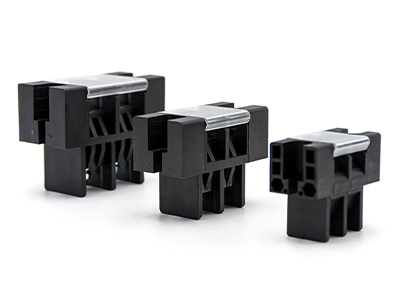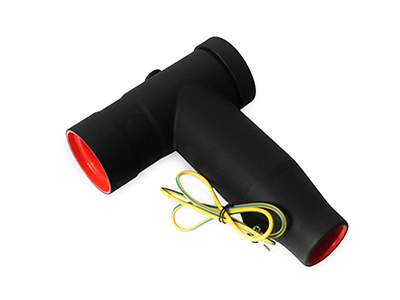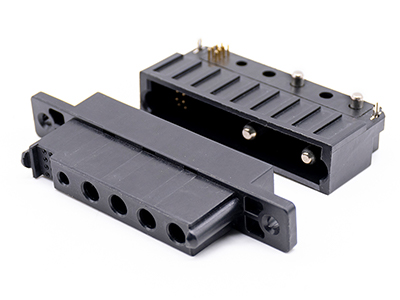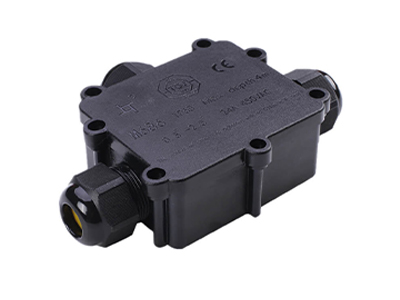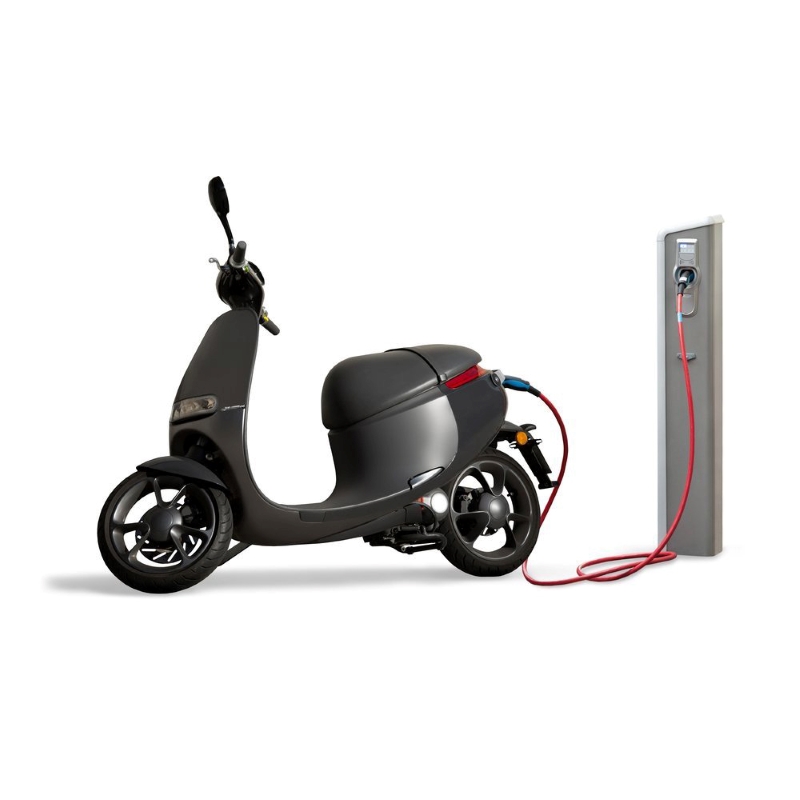новости
Какой кабель используется для зарядки электромобилей?
Electric vehicles (EVs) are becoming more popular, and as a result, the demand for charging stations is increasing. To ensure that your electric vehicle is charged quickly and efficiently, it is essential to choose the right cable. In this article, we will discuss what cable is used for EV charging and the key features that make it suitable for this application.
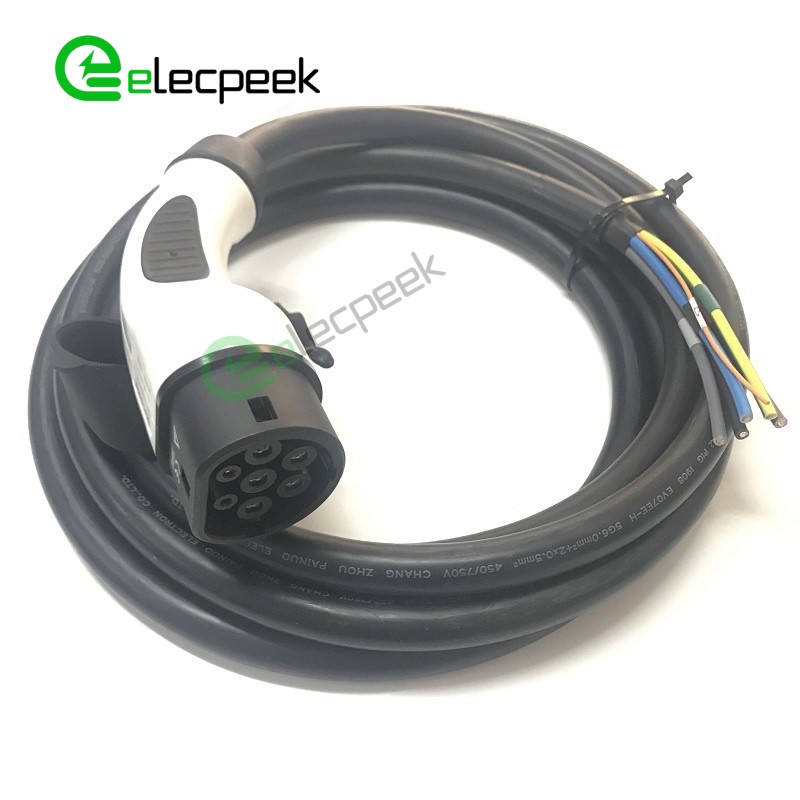

Types of Cables Used for EV Charging
There are two main types of cables used for EV charging: the J1772 cable and the Type 2 cable. J1772 Cable The J1772 cable is a Level 1 charging cable that is used for slow charging. This cable is designed for use with 110/120V AC charging stations and provides a charging speed of 3-5 miles of range per hour of charging. The J1772 cable is typically used for home charging and is included with most electric vehicles. Type 2 Cable The Type 2 cable is a Level 2 charging cable that is used for fast charging. This cable is designed for use with 220/240V AC charging stations and provides a charging speed of 25-50 miles of range per hour of charging. The Type 2 cable is typically used for public charging stations and is not included with most electric vehicles.Key Features of EV Charging Cables
To ensure that your electric vehicle is charged quickly and efficiently, it is essential to choose a cable that has the right features. The following are some of the key features of EV charging cables:- Compatibility It is essential to choose a cable that is compatible with your electric vehicle and charging station. The J1772 cable is compatible with most electric vehicles, while the Type 2 cable is typically used with European electric vehicles.
- Durability EV charging cables are exposed to harsh conditions, such as extreme temperatures, and need to be durable to ensure a long service life. Cables made from high-quality materials, such as PVC, are durable and resistant to wear and tear.
- Length The length of the cable is important for charging your electric vehicle. It is essential to choose a cable that is long enough to reach your charging station but not too long that it becomes tangled or difficult to manage.
- Safety Safety is a key consideration when choosing an EV charging cable. Cables need to be designed to meet industry standards, such as the IEC 62196 standard, to ensure that they are safe to use. Cables also need to be designed to protect against electric shock and fire hazards.
Benefits of Using the Right Cable for EV Charging
Using the right cable for EV charging offers a number of benefits, including:- Faster Charging Using a fast-charging cable, such as the Type 2 cable, will ensure that your electric vehicle is charged quickly and efficiently. Fast charging can significantly reduce charging time, allowing you to spend more time on the road.
- Improved Safety Using a cable that meets industry standards and is designed to protect against electric shock and fire hazards will ensure that you and your electric vehicle are safe when charging.
- Longer Service Life Using a durable cable that is resistant to wear and tear will ensure that it has a longer service life, reducing the need for frequent replacements.
- Better Value for Money Choosing a cost-effective cable that provides fast and efficient charging will provide better value for money in the long term.

